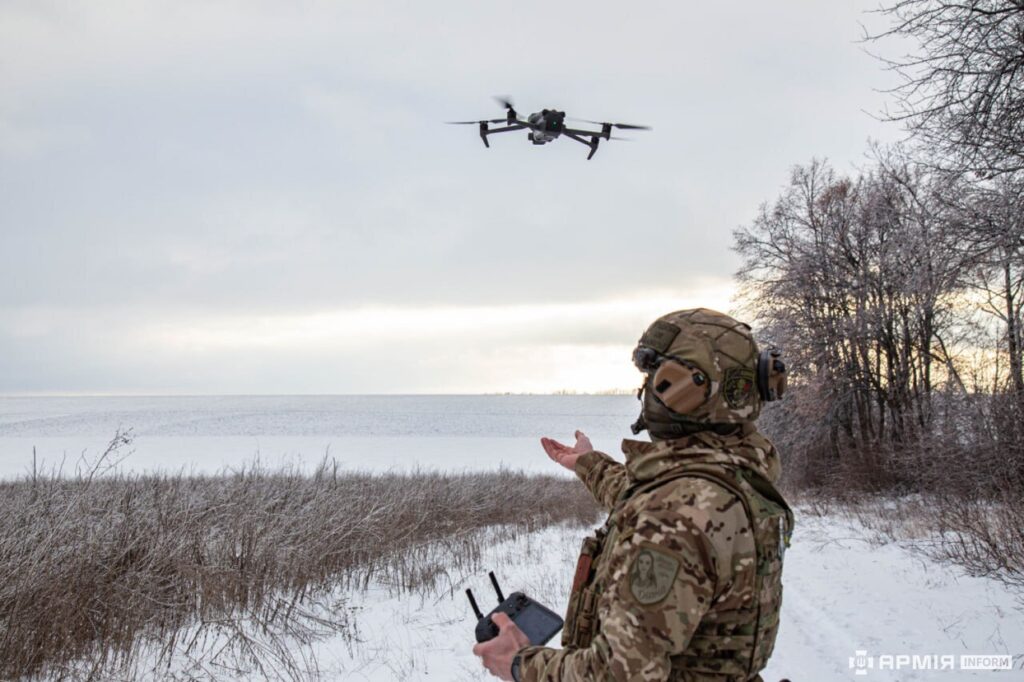Russia is losing ability to simultaneously ensure effective "defence" and economic stability – ISW
Sanctions against Russia, combined with widespread corruption, labour shortages, the costs of the war in Ukraine and the inefficiency of the defence industry are undermining the Russian Federation's ability to simultaneously ensure the effective operation of its defence industrial base and maintain economic stability.

Sanctions against Russia, combined with widespread corruption, labour shortages, the costs of the war in Ukraine and the inefficiency of the defence industry are undermining the Russian Federation's ability to simultaneously ensure the effective operation of its defence industrial base and maintain economic stability.
Source: ISW (Institute for the Study of War)
Details: Russia continues to bear immense costs to sustain its war against Ukraine, with increasing economic strain, labour shortages and systemic corruption jeopardising the stability of its defence industrial base (DIB).
US Defence Secretary Lloyd Austin stated on 7 December that Russia has spent over US$200 billion on the war in Ukraine and suffered at least 700,000 casualties since February 2022, with recent daily losses averaging 1,000 soldiers.
On 9 December, the Ukrainian Center for Countering Disinformation revealed that Russia's liquid assets in its National Welfare Fund had dropped from US$140 billion in February 2022 to US$53.8 billion as of 1 December 2024.
The Center reported that Russia relies more on Chinese yuan reserves and gold sales to cover its budget deficit. It has allocated a third of its national budget for 2025-2027 to defence, indicating an unsustainable focus on the war at the cost of economic stability.
Russian Prosecutor General Igor Krasnov claimed on 9 December that corruption crimes, including bribery, rose by nearly 30 per cent in 2024 compared to 2023, with over 30,000 Russian officials disciplined for corruption violations this year.
The mounting economic pressures caused by the war, combined with widespread corruption, labour shortages and inefficiencies in its DIB are likely to intensify the costs of Russia's war and further hinder its ability to sustain DIB operations alongside economic stability.
ISW has already noted similar patterns and statistics in Russia's economy, suggesting that its economic trajectory is unsustainable in the medium to long term, increasingly undermining its capacity to wage war against Ukraine.
To quote the ISW’s Key Takeaways on 9 December:
- The Kremlin continues to cautiously signal that it can ensure the security of Russian military bases in Syria in the short-term but notably has expressed uncertainty about the long-term future of the military bases against the backdrop of the volatile and rapidly evolving political situation in Syria.
- Russia has removed some vessels from the Port of Tartus to a nearby area offshore.
- The Syrian Embassy in Moscow confirmed to Kremlin newswire TASS on 9 December that former Syrian President Bashar al-Assad is in Moscow.
- Russia continues to face staggering costs required to maintain its war effort against Ukraine, with mounting economic strain, labour shortages and systemic corruption threatening the sustainability of the Russian defence industrial base (DIB).
- Russian leader Vladimir Putin promoted Chechen Akhmat Spetsnaz Commander Apty Alaudinov and Russian Deputy Defence Minister Yunus-Bek Yevkurov amid ongoing Kremlin efforts to shift blame for Russia's inadequate response to Ukraine’s incursion into Kursk Oblast onto local government officials and away from the military.
- The Russian government claimed to have returned the bodies of deceased Ukrainian prisoners of war (POWs) who were allegedly killed in the 24 January Russian Il-76 military transport aircraft crash in Belgorod Oblast.
- Russian forces recently advanced near Pokrovsk and Velyka Novosilka.
- Russian leader Vladimir Putin continues to highlight Russian officials who sponsor Russian volunteer units in Ukraine and the "Time of Heroes programme," which places veterans of the war in Ukraine in leadership positions within the Russian federal and regional governments.
Support UP or become our patron!


